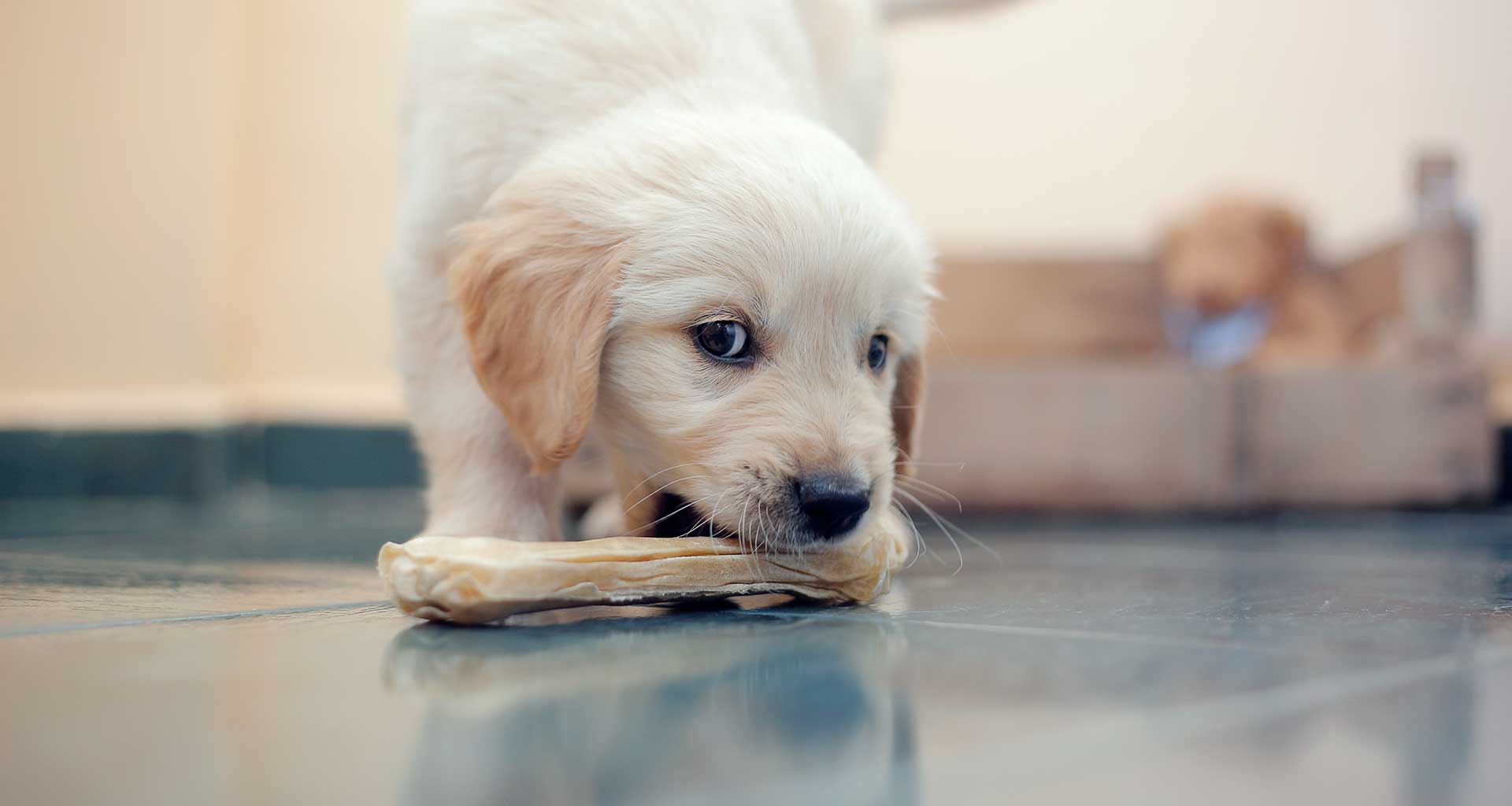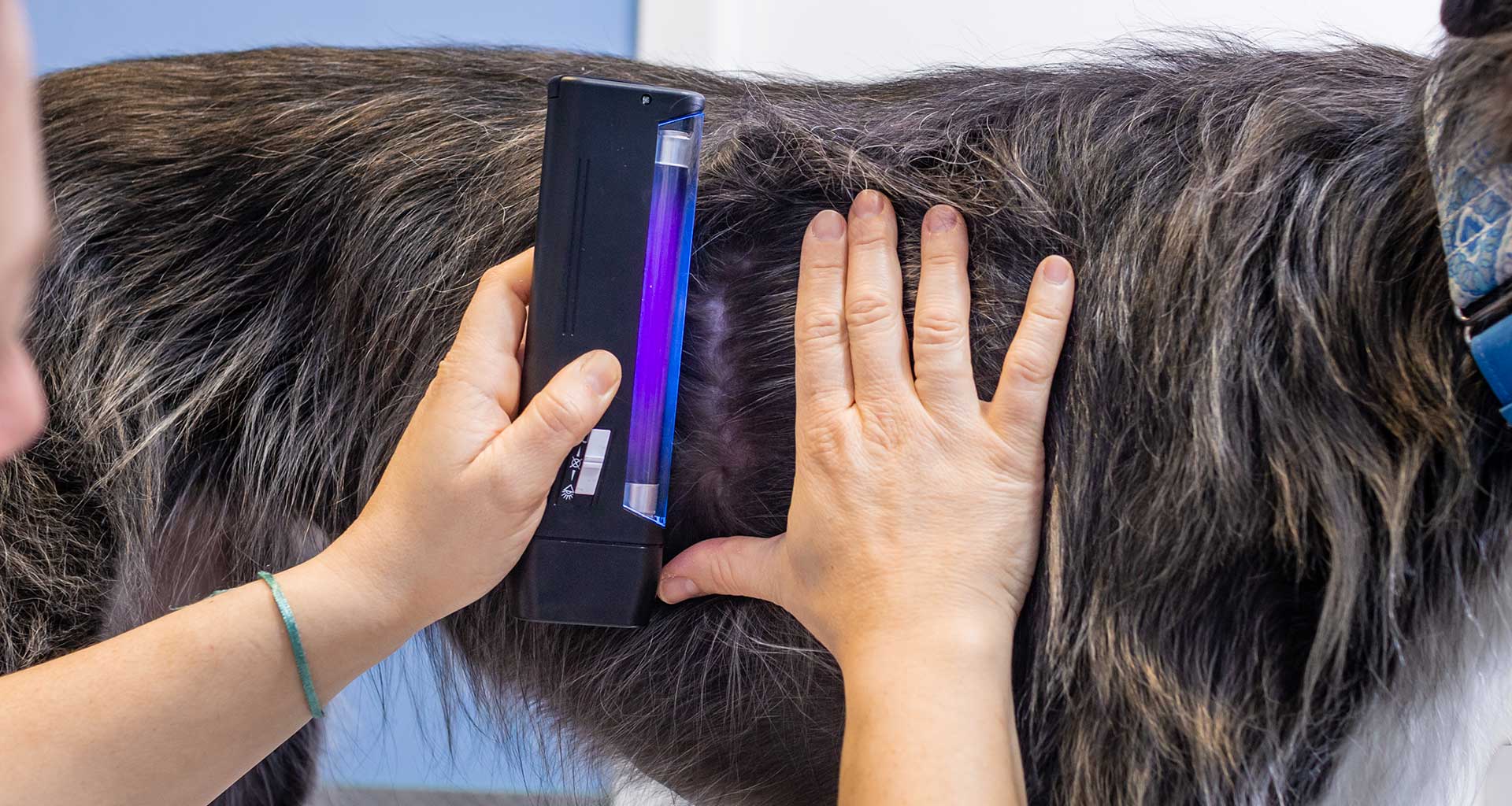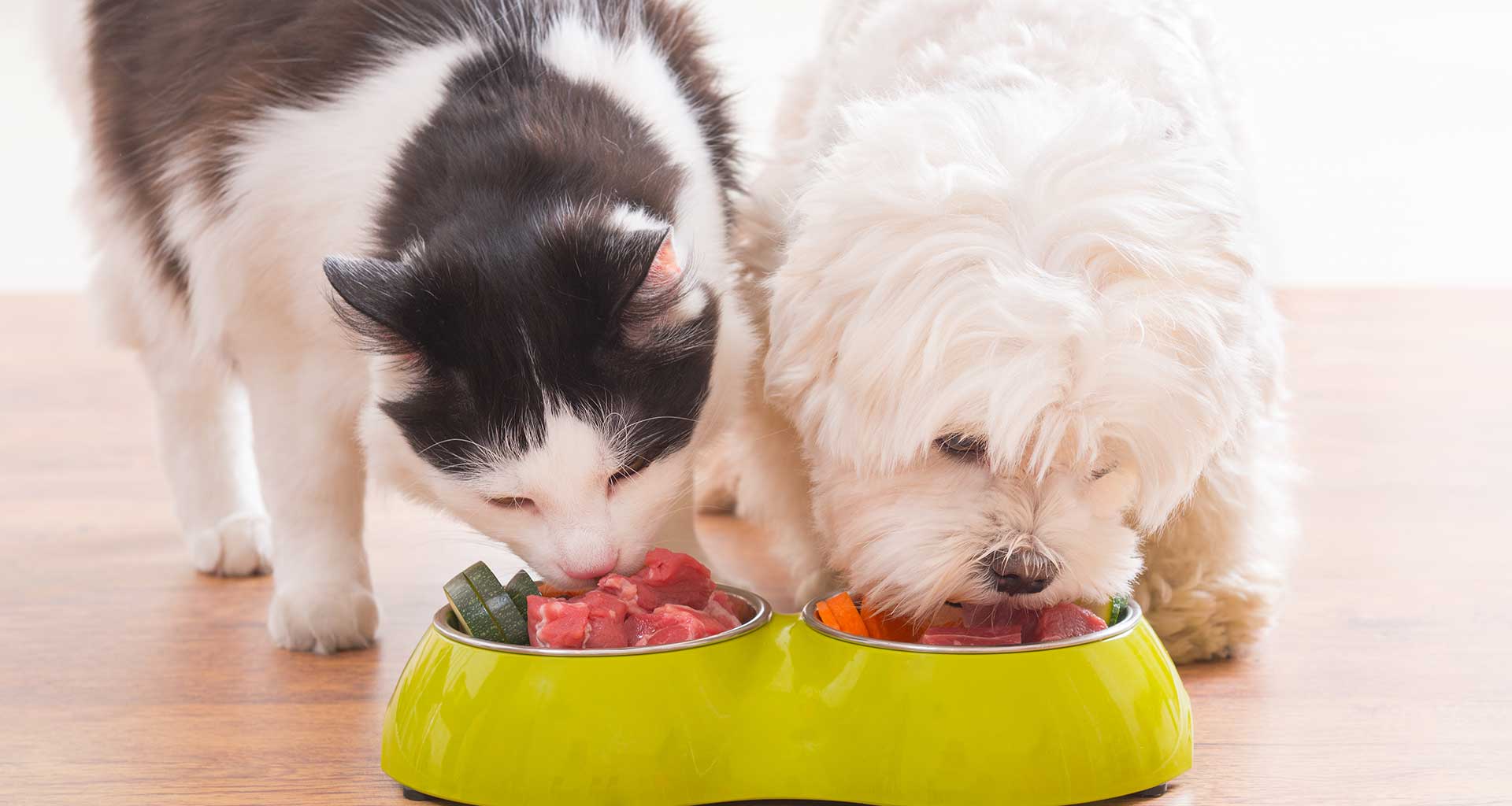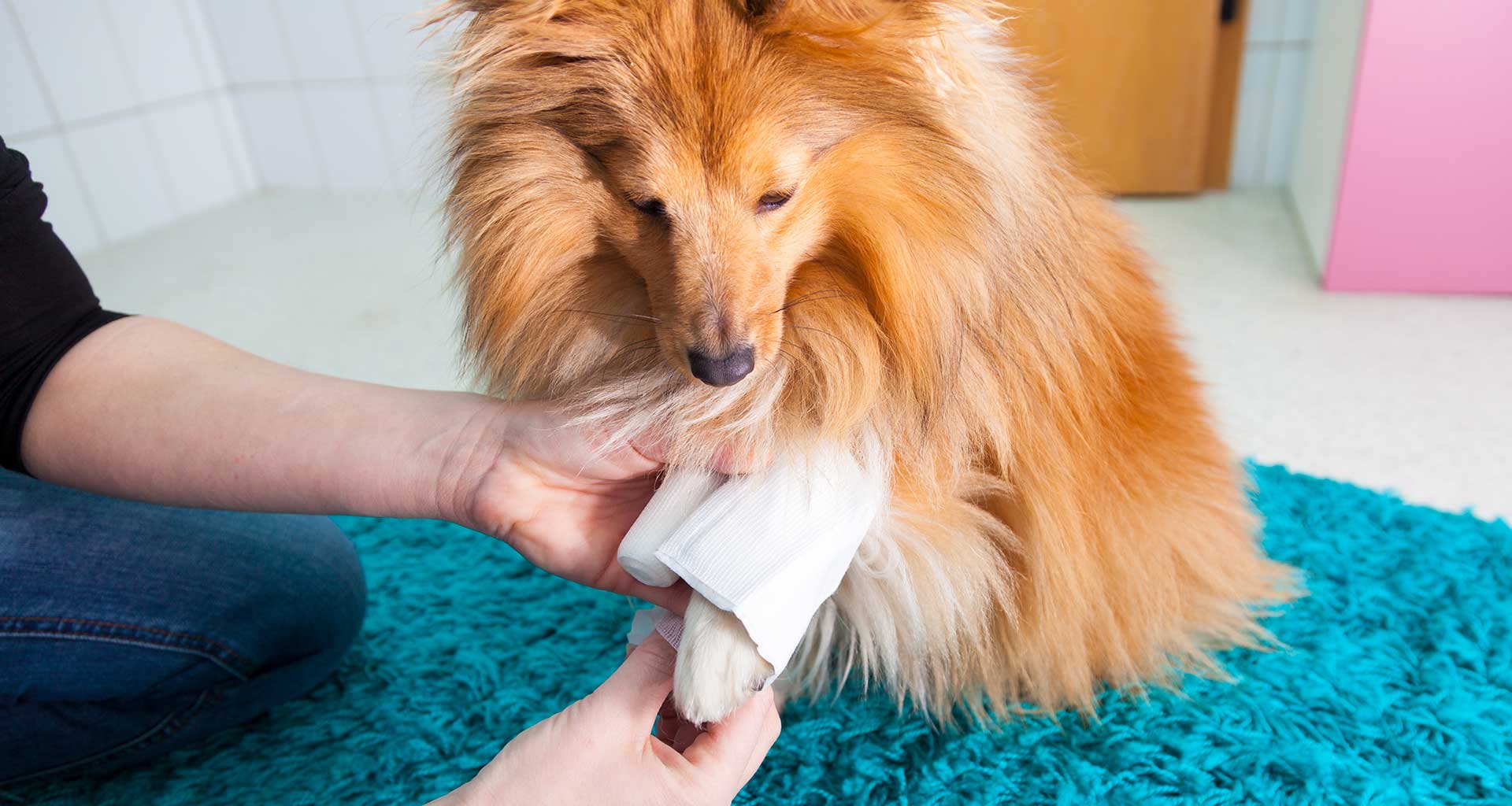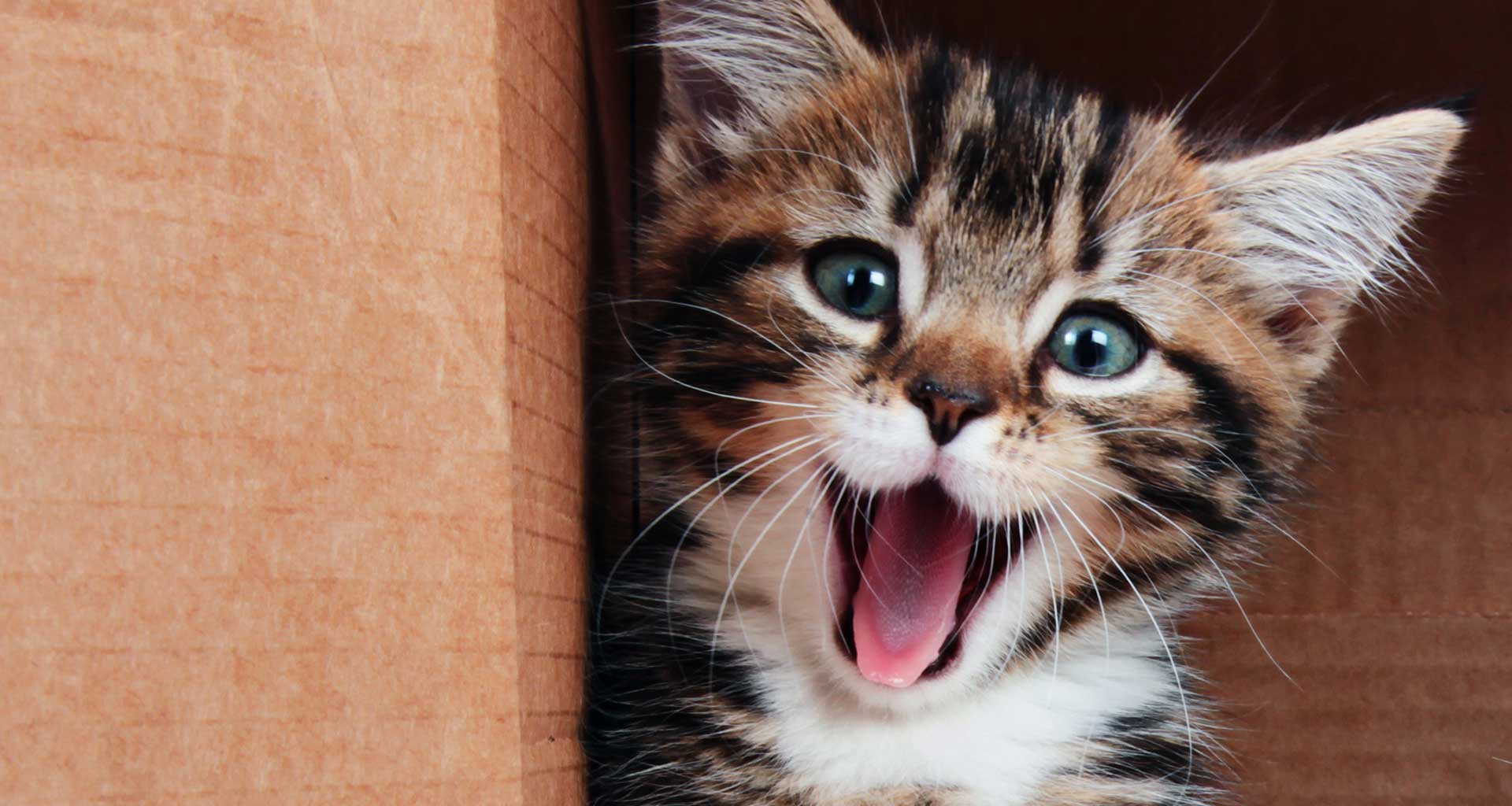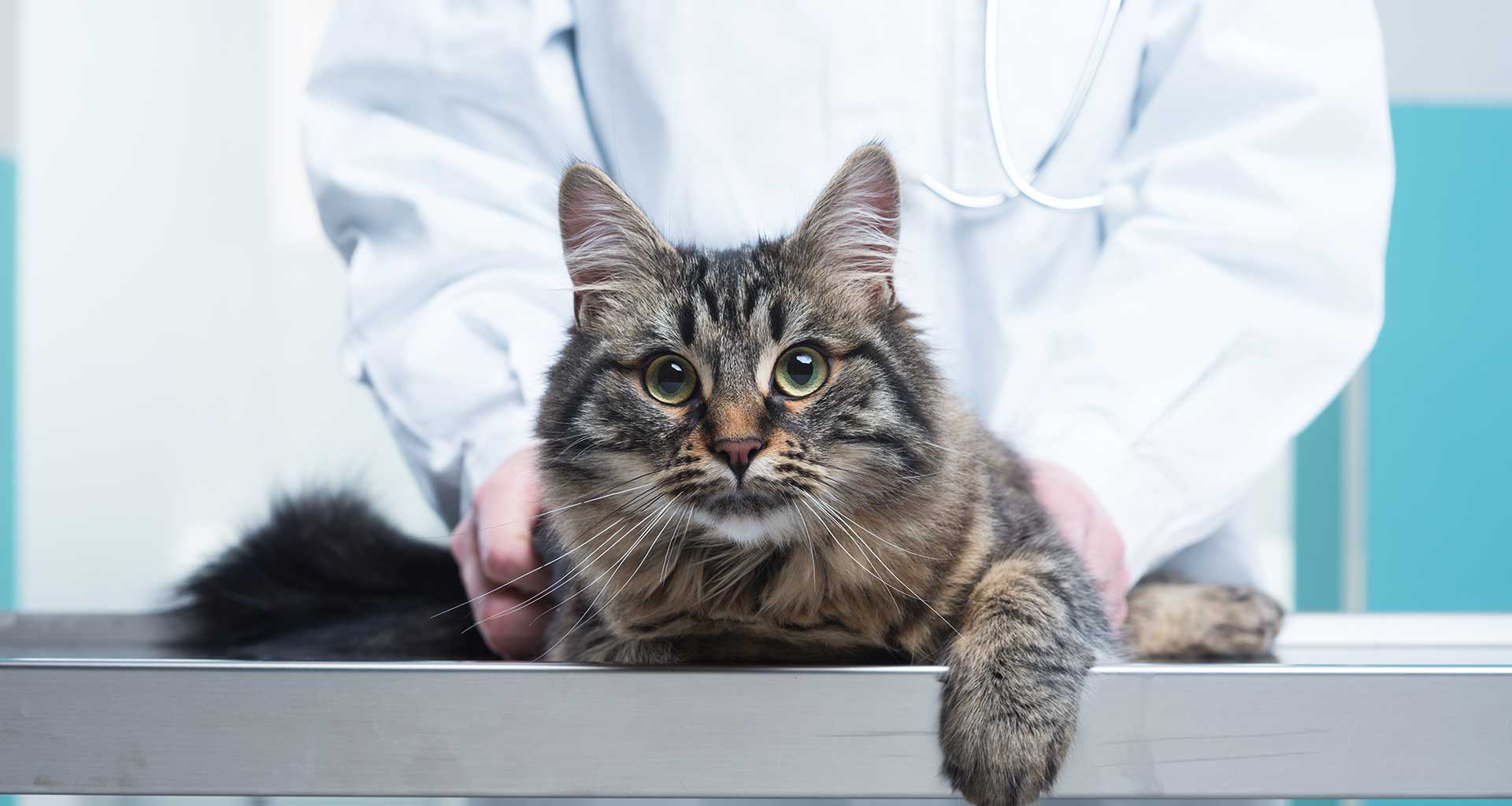The Benefits of Puppy School
Puppy school is a great way to start training your furry friend from the very beginning. There are numerous benefits for both you and your pup when it comes to taking classes at a reputable puppy school. First and foremost, socialisation is key. Puppies need plenty of interaction with other dogs and people in order to develop healthy behaviours and habits.
Here are just some of the benefits of enrolling your pup in puppy school:
- Socialisation: Puppy school gives your dog the opportunity to interact with other dogs and people in a safe, controlled environment. This helps them develop social skills that will serve them well throughout their life.
- Training: At puppy school, your dog will learn basic commands like sit, stay, and come when called. These skills are essential for keeping your pup safe and well-behaved.
- Bonding: Puppy school is also a great way to bond with your new pet! Spending time together during training sessions can help build trust and strengthen your relationship.
- Exercise: Puppies have boundless energy, and puppy school provides plenty of opportunities for playtime and exercise. This can help prevent behaviour problems caused by boredom or lack of stimulation.
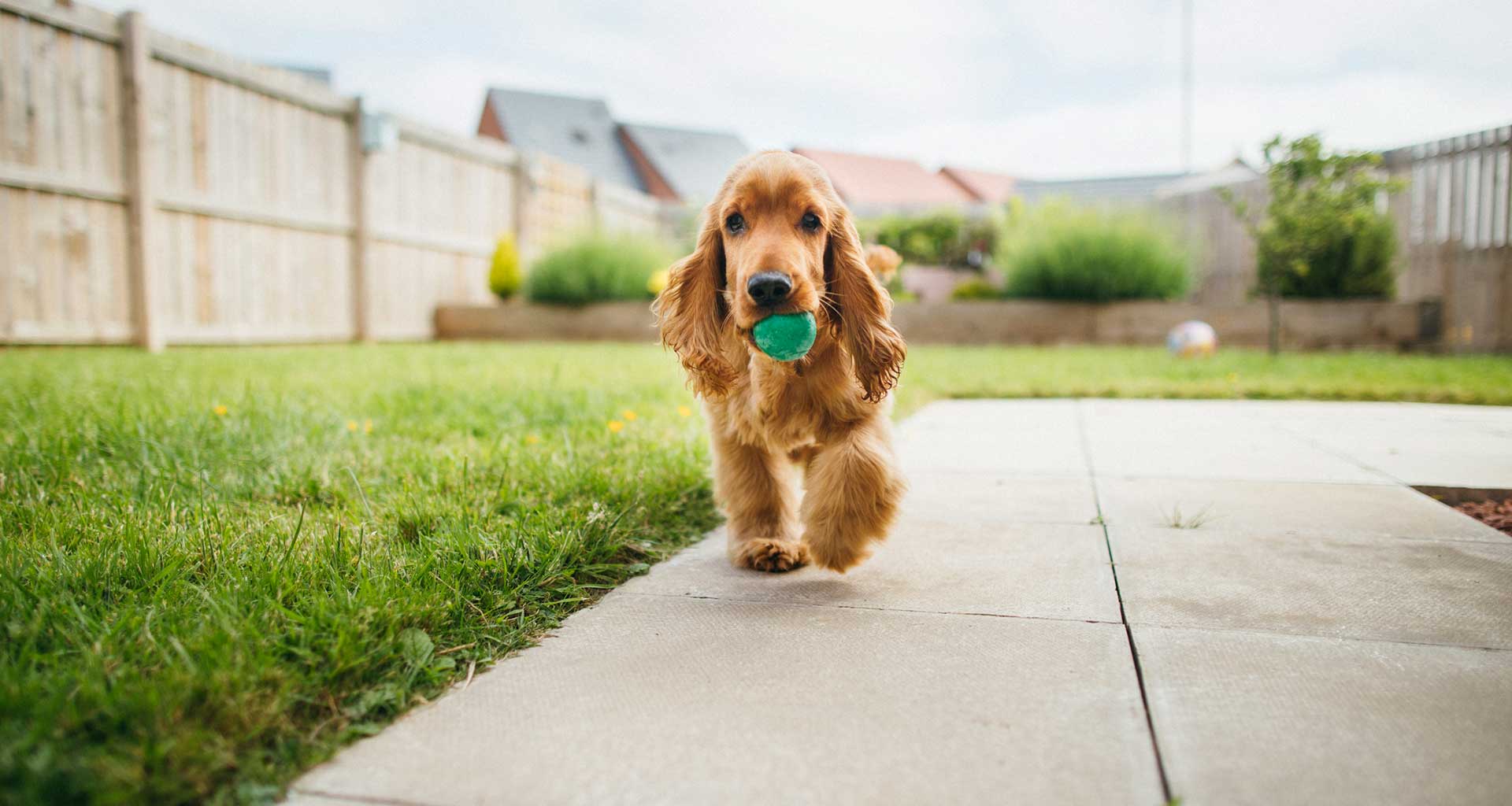
What to Expect: Curriculum and schedule
The curriculum of puppy school focuses on introducing the puppies to various environments, people, and other animals. These lessons are designed to teach your pup how to behave appropriately in different situations and around other dogs and people.
The schedule for puppy school typically consists of several sessions over a few weeks or months. The classes are structured with different activities that include obedience training, socialisation with other puppies, and learning basic commands like sit, stay, come when called etc. Additionally, there will be discussions about health care needs such as vaccinations and grooming tips.
During these sessions at puppy school, it is important to keep in mind that each puppy is unique and may learn differently from others. Some may take longer to pick up new skills while others may be quick learners.
Socialisation: Teaching Your Pup to Play Nice
Puppy school is a great way to get started on socializing your furry friend.
At puppy school, your pup will be introduced to other dogs in a controlled environment under the supervision of an experienced trainer. This provides an opportunity for them to learn how to communicate and play with other dogs appropriately. Through socialisation, puppies can also become more confident and less fearful in new situations.
Teaching your pup to play nice is an important part of socialisation. While playing, pups can sometimes get carried away and accidentally hurt each other through biting or roughhousing. However, at puppy school, trainers teach them how to play without being overly aggressive or causing harm to others.
Basic Obedience: Sit, Stay and Come
Puppy school is the ideal place to teach your new furry friend some basic obedience commands, such as sit, stay and come. These three commands are fundamental to building a strong bond between you and your dog, as well as keeping them safe and well-behaved in public.
During puppy school training classes, instructors will focus on teaching your pup how to recognize these commands and respond accordingly. The first command most puppies learn is “sit.” This involves teaching them to sit on command by gently pushing their bottom down while saying the word “sit.” For instance, when you say “sit,” your dog should immediately sit down on all fours. The next command is “stay,” which involves asking your puppy to remain in their current position until you release them with another command or gesture.
The “come” command is especially important for safety purposes, it could mean the difference between life or death if your pup runs out into traffic or chases after something dangerous. With consistency and practice both in class and at home, these basic obedience skills can be mastered by even the most rambunctious of puppies.
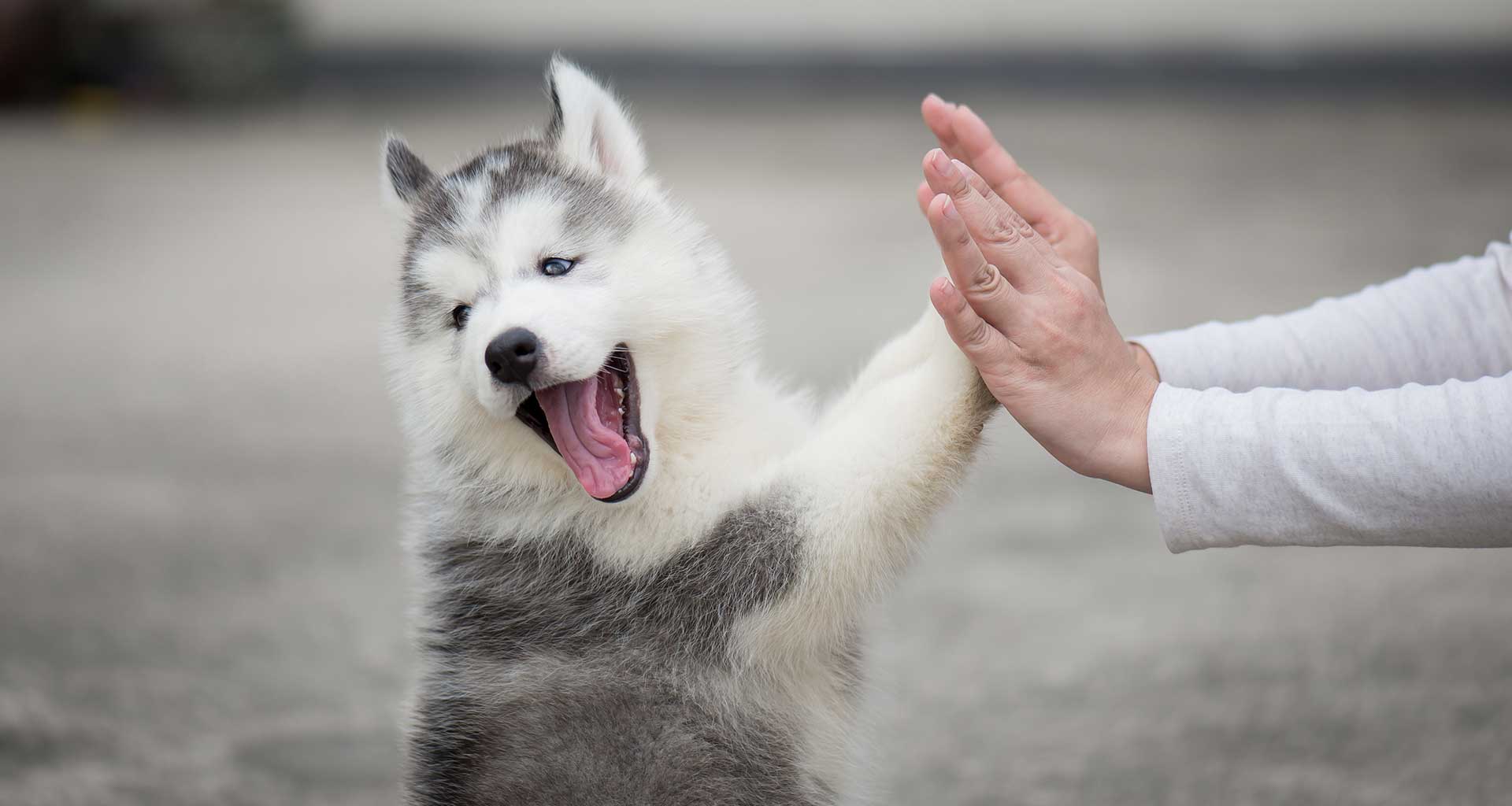
House Training: Potty Breaks and Crate Time
During puppy school, your furry friend will learn various skills that will serve them throughout their life. One of the most important aspects of puppy school is house training. House training consists of teaching your puppy where to go potty and when to do it.
To start with house training, you need to establish a regular schedule for potty breaks. Puppies need frequent opportunities to relieve themselves, especially after eating or drinking water. As such, you should take your pup outside every 1-2 hours during the day and once more just before bedtime. Consistency is key as this helps reinforce good habits in your pet.
Another crucial aspect of puppy training is crate time. A crate can provide your pup with a sense of security and comfort while also preventing accidents in the house when you are not able to watch them closely. However, it’s important to remember that a crate should never be used as punishment or isolation, instead, it should be seen as a safe space where your pup can relax and sleep peacefully.
Tips for Success: Consistency, reinforcement, patience
Puppy school is an essential step in your dog’s development and behaviour. It can help them learn basic obedience, socialisation, and communication skills. However, it is not a one-time event; consistency is key to achieving success.
Here are some tips for success in puppy school:
- Consistency: Set a schedule for training sessions and stick to it. This helps your puppy build good habits while also establishing trust between you and your pup.
- Reinforcement: Use positive reinforcement techniques like treats or praise when they display desired behaviours. Avoid negative reinforcement which can create fear or anxiety in your puppy.
- Patience: Remember that puppies have short attention spans and may take longer to learn new skills than older dogs. Be patient with them, celebrate small successes, and avoid becoming frustrated if they don’t get it right away.
- Time management: Set aside time each day for training sessions with your puppy so they can continue to progress and develop their skills.
Advanced Training: Tricks and Agility
Advanced training classes like tricks and agility are designed to challenge your dog’s mental abilities while also providing physical exercise.
Tricks training focuses on teaching your puppy fun and exciting tricks that will impress your friends and family. Some of the most popular tricks include roll-over, play dead, shake hands, high-five, and more. These classes teach dogs how to respond to different commands effectively while developing their cognitive abilities.
Agility training involves creating obstacle courses that require your puppy to run through tunnels, jump over obstacles, weave through poles, and more. This type of training can help improve your dog’s physical fitness while also strengthening their coordination skills.
How old should a puppy be before starting advanced training?
Generally, puppies can begin advanced training at around six months of age. At this point, they have developed enough physically and mentally to handle more complex exercises and commands. However, it’s important to note that different breeds may develop at different rates, so it’s always a good idea to consult with a professional trainer or veterinarian before enrolling your pup in advanced classes.
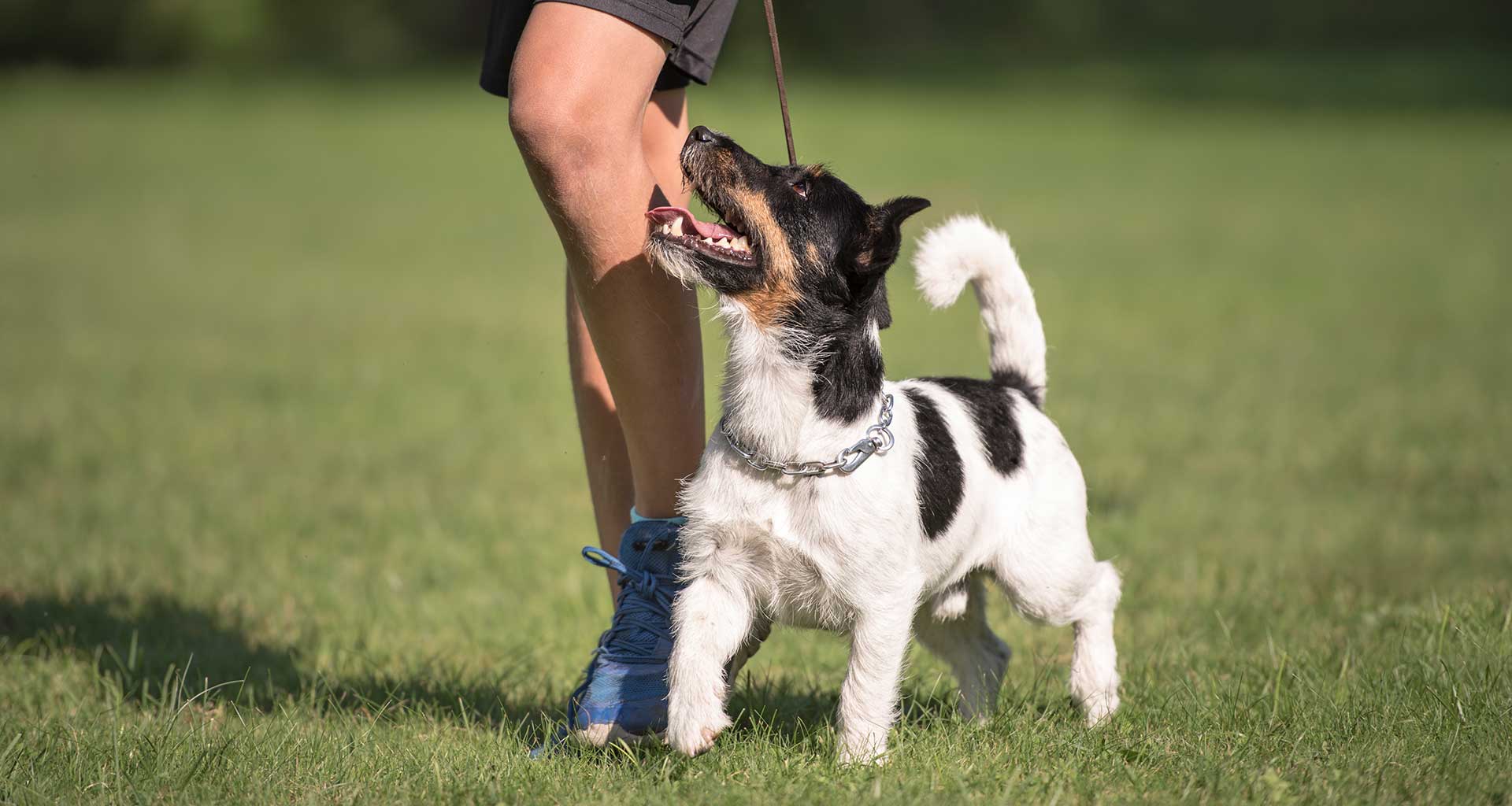
Beyond the Classroom: Continuing Education for Your Pup
While basic obedience classes can lay a foundation for good behaviour, continuing education for your pup is essential to ensure they remain well-behaved and happy throughout their life.
Beyond the classroom, there are various ways you can continue to educate and stimulate your pup’s mind. One option is enrolling them in advanced obedience classes or specialised training programs such as agility or nose work. These activities not only challenge your pup’s physical abilities but also provide mental stimulation which helps prevent boredom and destructive behaviour.
Another option is participating in dog sports events like flyball or dock diving where they can showcase their talents while having fun with other dogs and their owners. Such activities foster strong bonds between pets and people while providing mental stimulation for your pup.



